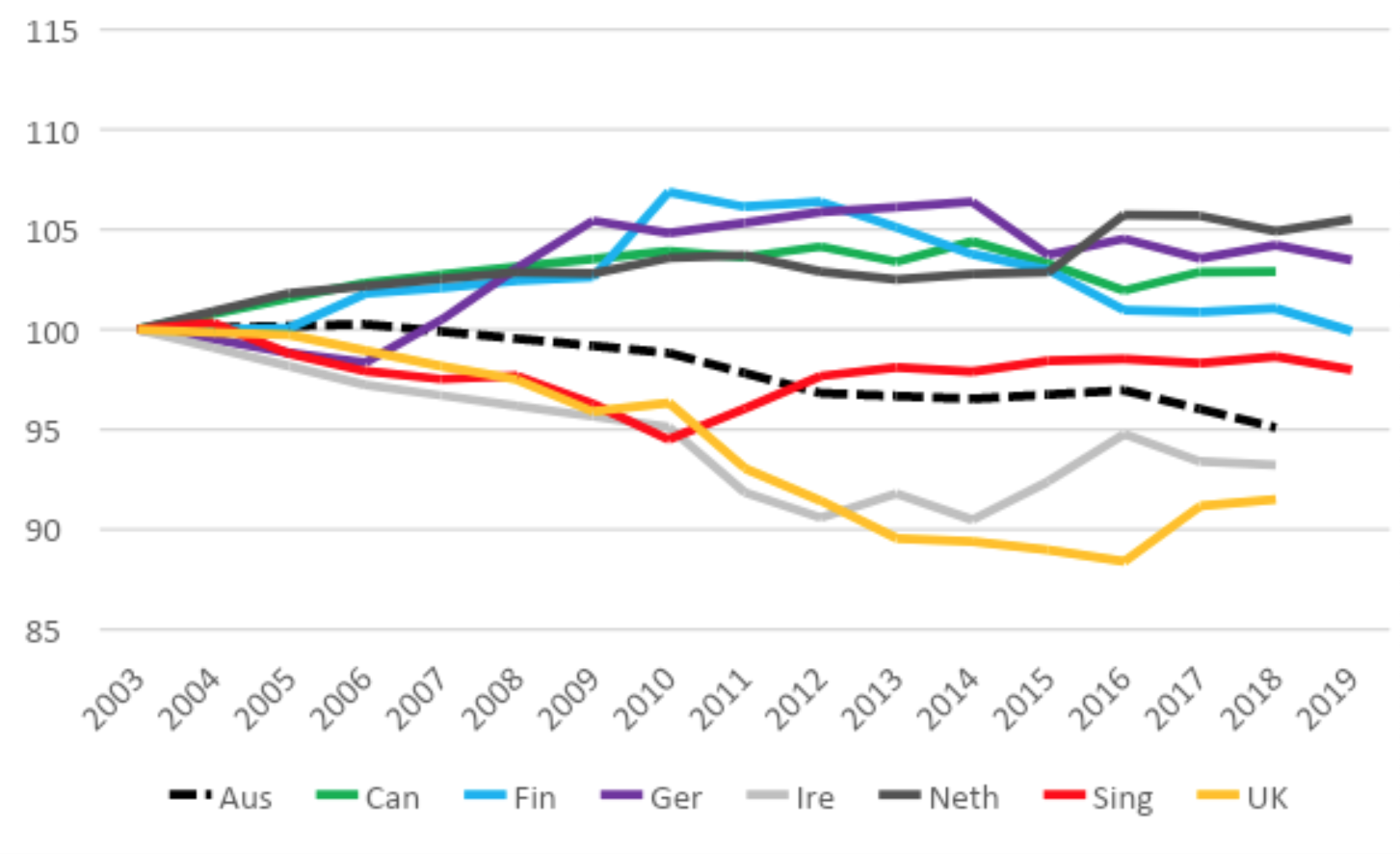The sun on the meadow

‘…by changing our country…and building a better future for our children and grandchildren. … A future where they feel optimism, hope, and pride. … A better future is one where our economy is growing faster so that everybody, everywhere across our Union, has new opportunities for better paying, good jobs. … If we’re going to deliver this better future, people will have to work hard. … So, we will create a better future by changing our economy and strengthening our communities. … That’s why family runs right through our vision of a better future. … And I’ve made five promises today to deliver peace of mind. We will: Halve inflation. Grow the economy. Reduce debt. Cut waiting times. And stop the boats. But I know this is just the start of what we need to do to build a better Britain together. As well as peace of mind today, this afternoon I’ve also set out a vision for a better future for our children and grandchildren. We’re not going to get there overnight. Or even in this Parliament. But this is the journey we are on.’ Rishi Sunak, 4 January 2023. [1]
‘We should look forward full of pride and optimism for what we can do together to build a brighter future for everyone. That’s what I’m determined to do, and I wish you all a very happy 2024.’
Rishi Sunak’s 2024 New Year message.[2]
The sunlit uplands, a view near one of Rishi Sunak’s many homes

Source: Photo: Jamie Davies, CC0, Unsplash, Hikes & Walks in the Yorkshire Dales, https://www.outdooractive.com/en/hikes/yorkshire-dales/hikes-walks-in-the-yorkshire-dales/210612045/
The British Prime Minister’s 2024 New Year message to the people of the nations of the UK was much shorter than the address he gave at the beginning of 2023. This was hardly surprising. Polling in January 2024 revealed that 75% of the UK population had become greatly concerned about the extent of wealth and income inequalities; 70% thought that health inequalities were a significant issue; and 68% thought the same of inequalities in educational attainment. [3]
That poll did not ask about housing. However, international research published three years earlier had uncovered just how poorly the UK was performing compared to other countries in terms of families’ ability to afford a mortgage and have a safe home. The latest statistics from the ONS revealed that by July 2023 some 66% of households in private renting in England were experiencing rapid rent increases, an average of 10% in the year, the highest proportion to experience such increases ever recorded. [4]
The research report (that the Figure showing changes in home ownerships rates was drawn from) concluded: ‘Those losing out under this type of approach – because of the higher prices consequently faced – include all aspirant first-time buyers failing to qualify for such assistance. The main beneficiaries, on the other hand, are existing home owners, whose properties consequently appreciate in value without any effort by property holders themselves.’ So growing inequality and unfairness in how we are housed should be added to the public’s concern about inequality overall, as well as in our access to health care and in educational outcomes across the UK.
Figure 2: Change home-ownership rates, owner occupiers % (2003=100)

Source: Hall Pawson (2022) The elephant in the room: to broaden home ownership access,
governments must tackle housing affordability head-on, Red Brick Blog
Link To Source: Hall Pawson (2022) [5]
Evidence from Australia, where recent governments spent $20bn on first-home buyer support over a decade, shows that all that was achieved was to push up house prices and rents. How can this have happened? Didn’t people notice? One answer to that conundrum is that governments in countries like Australia and the UK have succeeded in encouraging many people not to see other people as people. [6]
Those who rent are not quite the same people as you (if you have a mortgage); those who fail to pay their mortgage and lose their home are lesser people than you – they imply. Those who do not have family that are rich enough to give them the deposit to start to buy a home are somehow feckless. The most feckless, it is suggested, are people who end up living on the streets.
In the USA increasing numbers of adults have begun to not think of the homeless as human. The research which revealed this also explained how the researcher felt upon returning home from being in a homeless shelter and seeing a tweet designed to increase empathy for those without a home [7]:
‘Call me sentimental or materialistic, but when I would come home, I would cry. Having your own fridge, with your own favourite drink in it that you could just get and drink by yourself without anyone watching you suddenly felt like a privilege. Why should we give money to homeless people? For me it is because of what the Lithuanian-French philosopher Levinas call the ethical appeal that the face of the other makes to you. Seeing someone being in misery should evoke feelings of empathy. For that I don’t need to see homeless people being hurt through nasty tweets before I recognise them as human.’
We will ‘Halve inflation’ – for renters? And how much of that fall had nothing to do with Sunak’s government and everything to do with global factors? Prices are still rising rapidly even when inflation is halved. There is no UK government promise to make housing, or food, or heating affordable.
We will ‘Grow the economy’ – but for whom? For a few who profit at the expense of the rest? We will hold up the value of our voters homes for just one more year? Which economy is this that will grow? How will this growth improve peoples’ lives, housing security, education, health – are we just supposed to trust you?
We will ‘Reduce debt’. Who’s debt? The growing debt of university students? That of young people in general who cannot get by without it? The debt of the poor, including the old who are poor – or do you mean the debt of the richer folk who borrow to purchase properties at inflated prices?
We will ‘Cut waiting times’. By how much, when, where, in what hospital for what service? Or will it be mostly for that minority of a tenth of the population who can afford to go private or who are forced to do so because they can wait no longer?
We will ‘Stop the boats’. Why? How? When? With what effect? By force? By attempting to frighten people that they might be flown to the centre of Africa if they manage to survive the crossing over the channel?
In 1966 when the musical Cabaret first played on Broadway a waiter with a swastika on his arms sang a song: ‘Tomorrow belongs To Me’. In the film released a few years later the song was sung by a young German boy in uniform. The lyrics are eery, and it is, perhaps, time we learnt what they meant again:
The sun on the meadow is summery warm.
The stag in the forest runs free.
But gather together to greet the storm.
Tomorrow belongs to me.
The branch of the linden is leafy and green,
The Rhine gives its gold to the sea.
But somewhere a glory awaits unseen.
Tomorrow belongs to me.
You are told that the sunlit uplands are there to be reached if only ‘people will … work hard. You are told that freedom matters so much in this green land, with its stags and forests. You are told that by ‘strengthening our communities’ we can weather any coming storm. You are told (today) that tomorrow is your’s. You are told that the trees are still as green as ever and that this remains a pleasant land. You are told that the rivers run gold (don’t ask why they are that colour after the storms). You are told that future glories await, although ‘We’re not going to get there overnight. Or even in this Parliament. But this is the journey we are on.’ But what you should understand is who they think that tomorrow really belongs to. It is not you.
References
[1] https://www.gov.uk/government/speeches/pm-speech-on-making-2023-the-first-year-of-a-new-and-better-future-4-january-2023
[2] https://www.youtube.com/watch?v=vi8c49h1Bu4
[3] https://fairnessfoundation.com/unequal-kingdom
[4] https://www.ons.gov.uk/peoplepopulationandcommunity/housing/datasets/privaterentalsectorbehaviourengland
[5] https://redbrickblog.co.uk/2022/09/the-elephant-in-the-room-to-broaden-home-ownership-access-governments-must-tackle-housing-affordability-head-on/
[6] https://www.theguardian.com/commentisfree/2022/jul/07/without-meaningful-national-housing-strategies-first-home-buyer-schemes-will-only-increase-owners-wealth
[7] https://blog.practicalethics.ox.ac.uk/2015/04/apparently-most-people-dont-see-homeless-people-as-human-beings/
For a PDF of this publication and the original source click here.